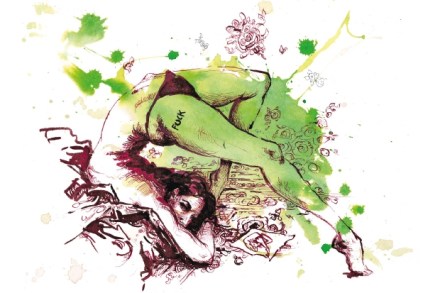A legend in her own time
I usually dread the final 15 minutes of a celebrity interview: the awkward section during which the writer must steer the conversation away from the polite, mutually enjoyable discussion of whatever the star is currently promoting toward the juicy personal details that your readers really want to know and your subject really (and justifiably) wants to keep private. You sit in the consciously impersonal atmosphere of an upmarket hotel room with a total stranger, and broach topics you might spend decades dancing around with friends and family. I still have nightmares in which I blurt out lines worthy of Alan Partridge: Yes, the bass line on that track is terrifically




















